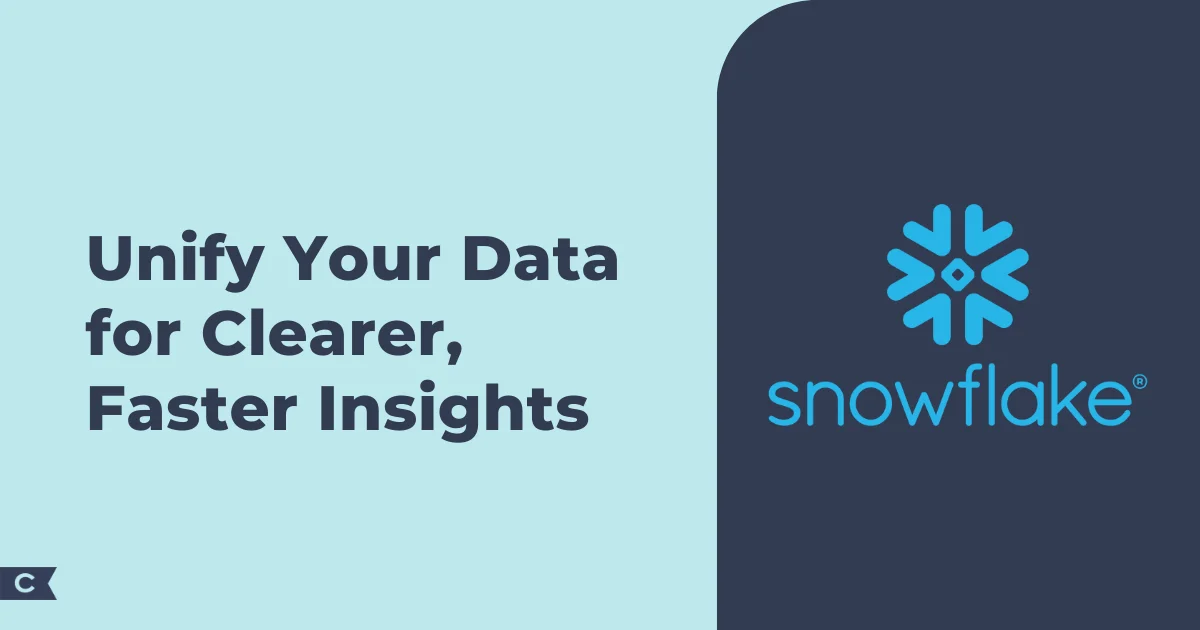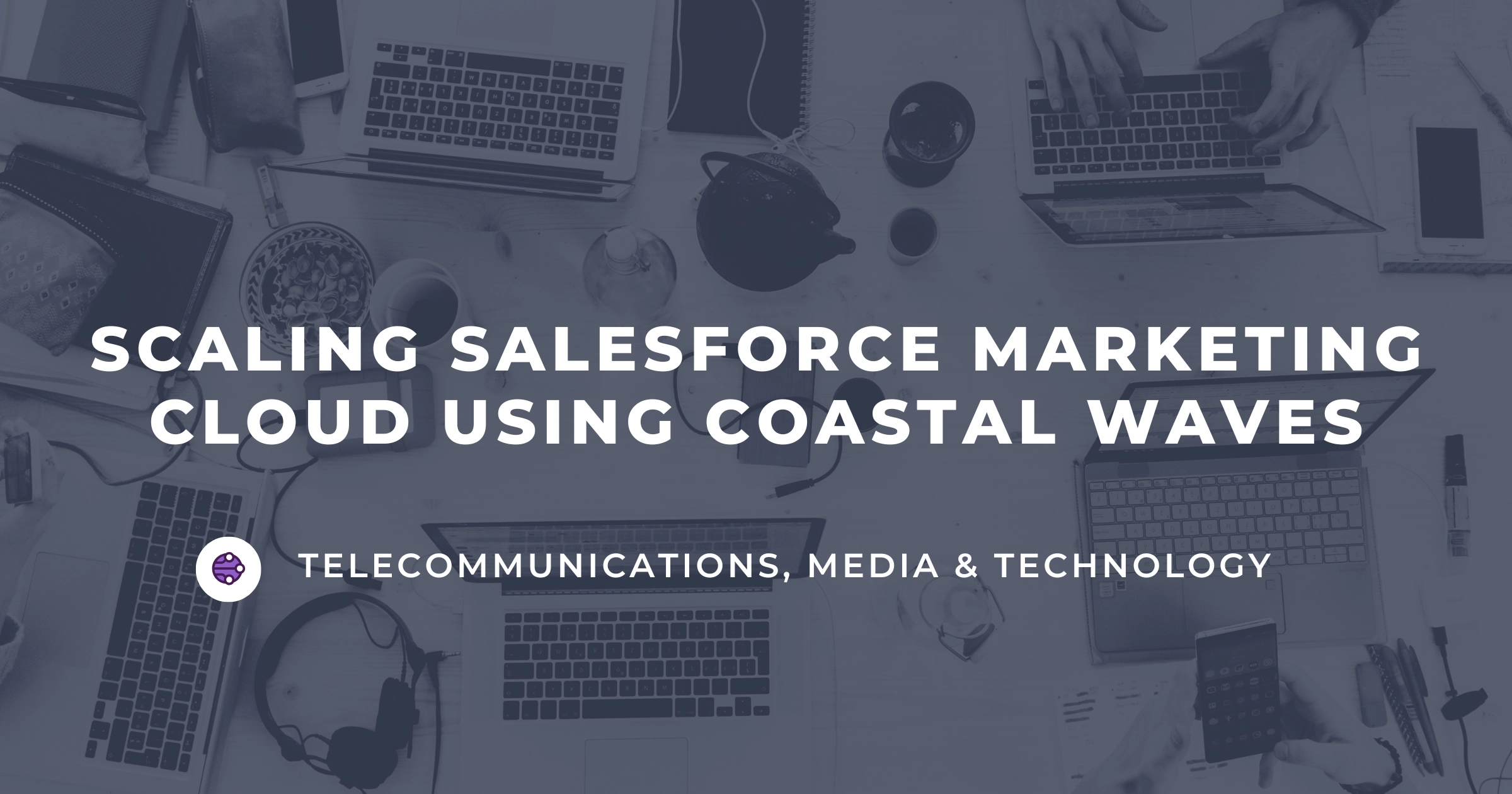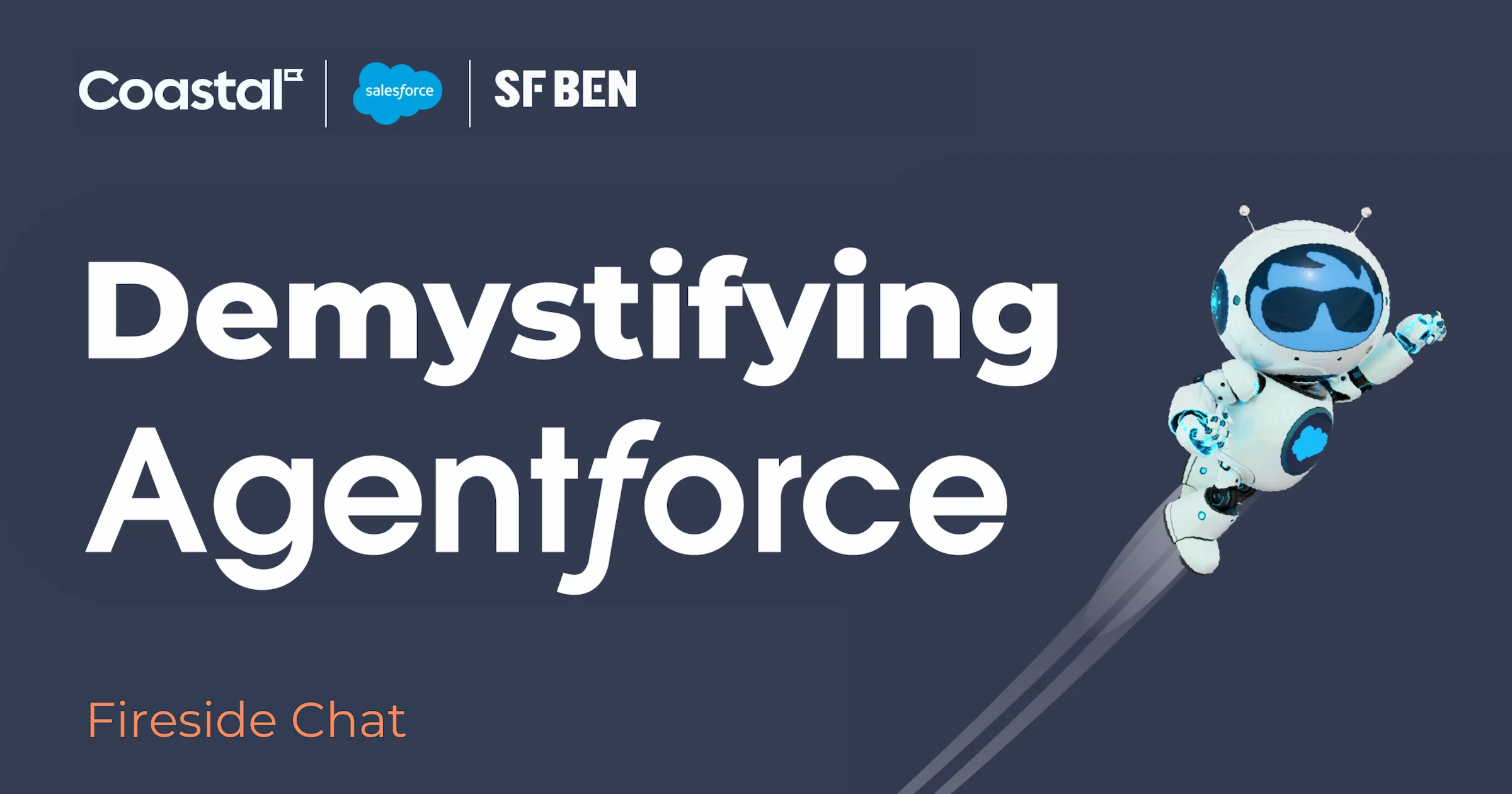As businesses grow, so does the variety of data they need to manage. From straightforward sales records to semi-structured and unstructured data like customer interactions and weblogs, the complexity can escalate quickly. For organizations using Salesforce, managing diverse data formats is key to creating a complete view of customers and operations.
Snowflake’s Interoperable Storage layer is built to handle this complexity at scale, enabling Salesforce users to manage all types of data—structured, semi-structured, and unstructured—seamlessly within a unified platform. This means less time wrestling with multiple storage systems and custom pipelines and more time gaining insights that drive your business forward.
Why Interoperability Matters for Salesforce Users
In the past, connecting different data systems meant complicated ETL processes and complex APIs. This often led to fragile setups that struggled to keep up as data grew or business needs evolved.
Snowflake changes the game by offering native support for a wide range of data types and open table formats, making integration across teams and systems straightforward and scalable.
For Salesforce users, this means spending less time on data prep and more time driving insights. You can easily combine sales and customer data from Salesforce with other datasets—like marketing data, financial records, or unstructured customer feedback—to get a richer, more complete view of your business.
Key Benefits for Salesforce Users:
- Unified Data View: Merge Salesforce data with sources like third-party marketing platforms or operational tools, keeping everything in its original format.
- Scalability: Snowflake’s architecture scales with your business needs, no matter how much your data grows.
- Native Support for Open Table Formats: With support for external formats like Apache Iceberg, you can manage data stored outside of Snowflake while still using its powerful query engine.
- Simple, Secure Data Sharing: Share data in real time across teams, departments, or even partners—without needing to duplicate it.
Secure Data Sharing Across Teams and Partners
Snowflake’s Secure Data Sharing is a game-changer for businesses that need to share data without the hassle of complicated transfers. Instead of moving or copying data, you can securely share selected data objects directly from your Snowflake account to others.
This flexibility means you maintain control over your data while still enabling seamless collaboration—whether it’s across teams or with external partners.
Here’s the broad range of objects you can share with Snowflake:
- Databases: Give comprehensive access to multiple datasets, useful for broad collaboration across teams, departments, or partners.
- Tables: Share specific tables for controlled access, allowing you to give data where it’s needed without exposing everything.
- Dynamic Tables: Perfect for scenarios needing real-time data. These tables continuously update, so other Snowflake accounts always see the most recent data.
- External Tables: Point to data stored outside of Snowflake, like cloud storage services. This lets you query external data without the hassle of moving it into Snowflake.
- Iceberg Tables: Use the Apache Iceberg format for managing various data types stored externally. This setup gives you Snowflake’s performance and features—like ACID transactions and table snapshots—while still leveraging external storage.
- Secure Views: Share only what’s needed by creating custom views of your data, ensuring that sensitive information stays protected.
- Secure Materialized Views: Deliver pre-computed query results for faster, efficient data retrieval, ideal for performance-driven environments.
- Secure User-Defined Functions (UDFs): Share custom functions securely, allowing others to run consistent computations on shared data. Great for applying business logic across teams or partners.
Embracing Open Standards for Seamless Integration
Snowflake’s support for open standards, like Iceberg tables, shows its commitment to flexibility. You can manage data across different platforms without feeling locked into a single vendor. Snowflake also supports formats like Apache Parquet, making it easier to integrate with your existing data architecture without extensive reengineering.
Snowflake’s Data Marketplace and Provider Sharing extend these capabilities further, letting you share data securely with third parties while keeping full control over governance. This makes it simpler to collaborate on data-driven projects, whether you’re integrating customer insights in Salesforce or exchanging market data with external partners.
For Salesforce users, these sharing options provide a scalable, secure way to collaborate on customer data across departments, teams, and external partners. With Snowflake, you can make the most of your data ecosystem—leading to faster insights, smarter decisions, and a unified view of your customers.
Looking Ahead: Future Case Studies
At Coastal, we’re helping Salesforce users tap into Snowflake’s data-sharing capabilities to meet critical business goals. Our clients are already using Snowflake’s interoperable storage to streamline their data strategies, improve operations, and uncover deeper customer insights.
In the coming weeks, we’ll showcase case studies highlighting how Snowflake’s unique architecture is transforming data management for businesses of all sizes. Stay tuned as we share real-world examples of how Snowflake’s open table formats, like Iceberg, are changing the landscape for data-driven businesses.





